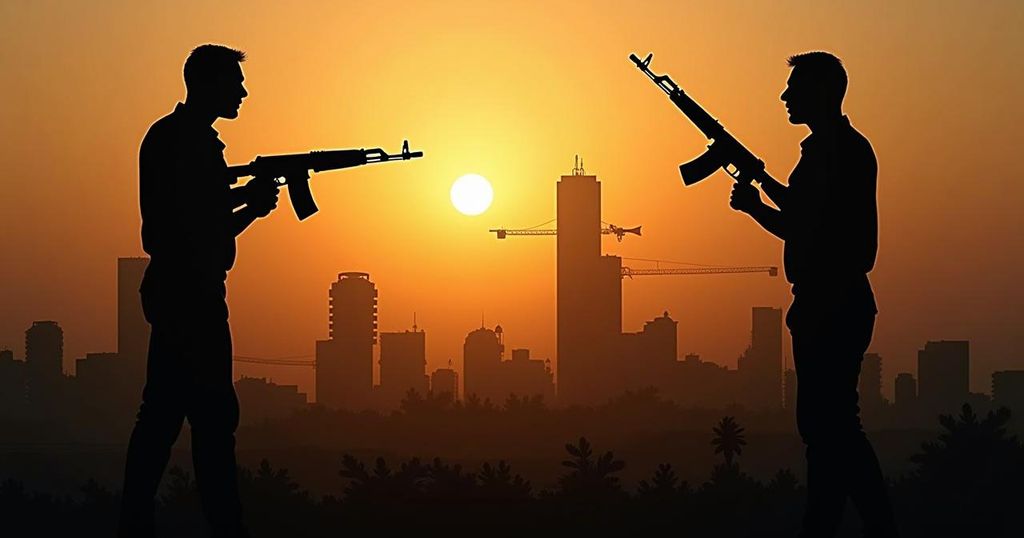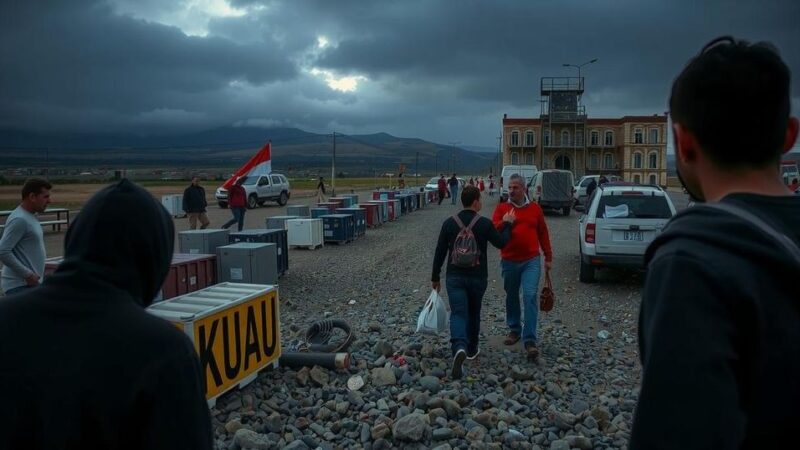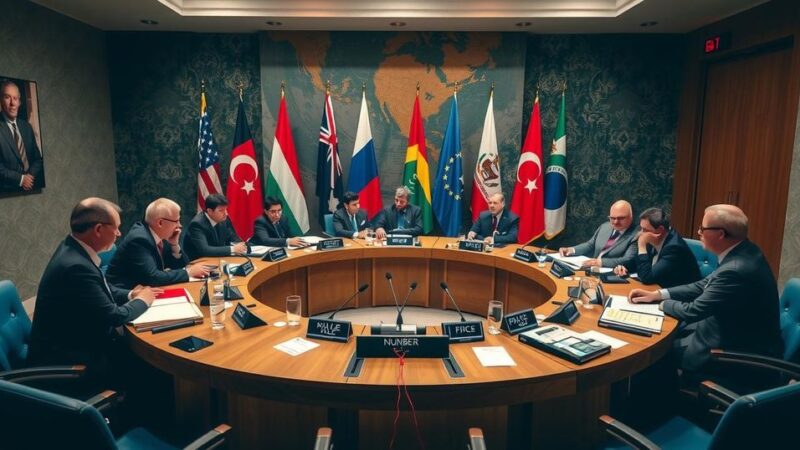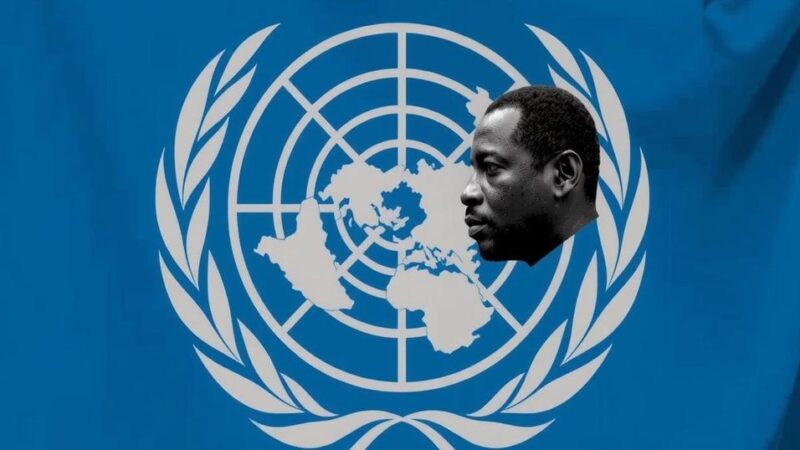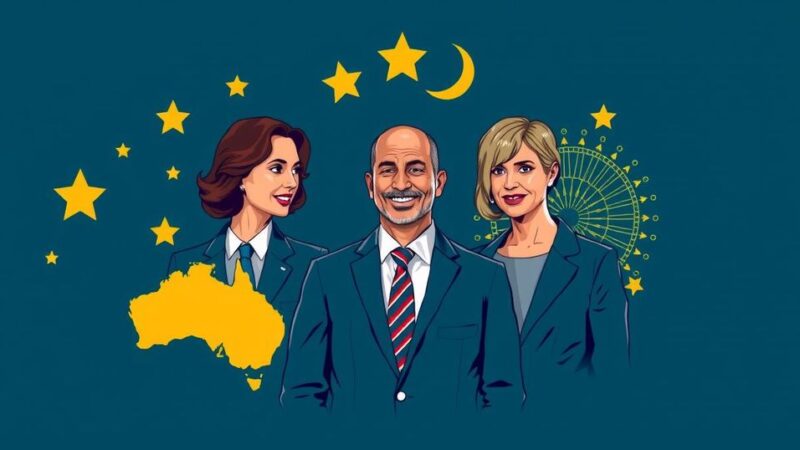Israeli Prime Minister Benjamin Netanyahu announced ongoing discussions on U.S.-proposed ceasefire initiatives with Lebanon amid continued Israeli military actions against Hezbollah. Despite international calls for de-escalation, Israeli airstrikes in Lebanon have intensified, resulting in significant casualties, while Hezbollah has retaliated with missile attacks on Israel. Global leaders, including those from Australia, have urged for urgent conversations to prevent further regional escalation and humanitarian crises.
Israeli Prime Minister Benjamin Netanyahu announced that Israeli teams will continue discussions regarding United States-proposed ceasefire initiatives with Lebanon in the upcoming days. He acknowledged the importance of these discussions during a statement given on Friday, noting Israel’s commitment to ensuring the safe return of residents to their homes. However, this statement contrasts with declarations made by Israeli Foreign Minister Israel Katz, who emphasized that there would be no ceasefire in northern regions, stating that the Israeli military operations against the Hezbollah movement, supported by Iran, would persist. Following Netanyahu’s departure for New York to participate in the United Nations General Assembly, he instructed Israeli troops to maintain full operational capacity in Lebanon. Meanwhile, ongoing Israeli airstrikes have reportedly caused significant casualties in Lebanon, with estimates of over 600 individuals killed amid intensified bombardments. Concurrently, Hezbollah has retaliated with missile attacks on Israeli territories, including Tel Aviv. As tensions escalate, international calls for de-escalation and a ceasefire have emerged, including responses from the Australian Prime Minister and other global leaders, urging that the conflict not spiral into a broader regional crisis. Recent developments saw an Israeli attack in southern Lebanon resulting in numerous civilian deaths, underscoring the urgency for discussions surrounding a ceasefire. Furthermore, concerns over humanitarian issues for Palestinian workers due to the conflict were raised in complaints filed to the International Labour Organization, seeking redress for unpaid wages since the onset of hostilities. These elements illustrate the complexities faced in achieving peace and stability in light of the ongoing hostilities in the region.
The current crisis in the Middle East centers around increasing violence between Israel and Hezbollah, amid ongoing conflicts involving Palestinian groups in Gaza. Israel has ramped up military operations against Hezbollah, marking one of the most significant escalations of conflict in recent years, with widespread airstrikes targeting various locations in Lebanon. In response, Hezbollah has launched retaliatory strikes into Israel. Compounding the urgent need for stability are the humanitarian concerns faced by thousands of Palestinian workers affected by the conflict and the impact of ongoing military actions. Diplomatic efforts spearheaded by the U.S. aim to broker a ceasefire, yet have met resistance from Israeli leadership who argue for continued military engagement against perceived threats from Hezbollah.
In conclusion, the situation in the Middle East remains highly volatile, with Israeli leaders affirming a commitment to continued military action against Hezbollah despite international calls for a ceasefire. While discussions surrounding U.S.-backed ceasefire proposals are ongoing, the humanitarian impact of the conflict raises critical concerns. The responses from global leaders further highlight the urgency to de-escalate the situation and pursue a path toward negotiation and peace. The potential repercussions of the current crisis on the broader region and the humanitarian plight of affected individuals must be considered seriously in any forthcoming diplomatic efforts.
Original Source: www.theguardian.com
